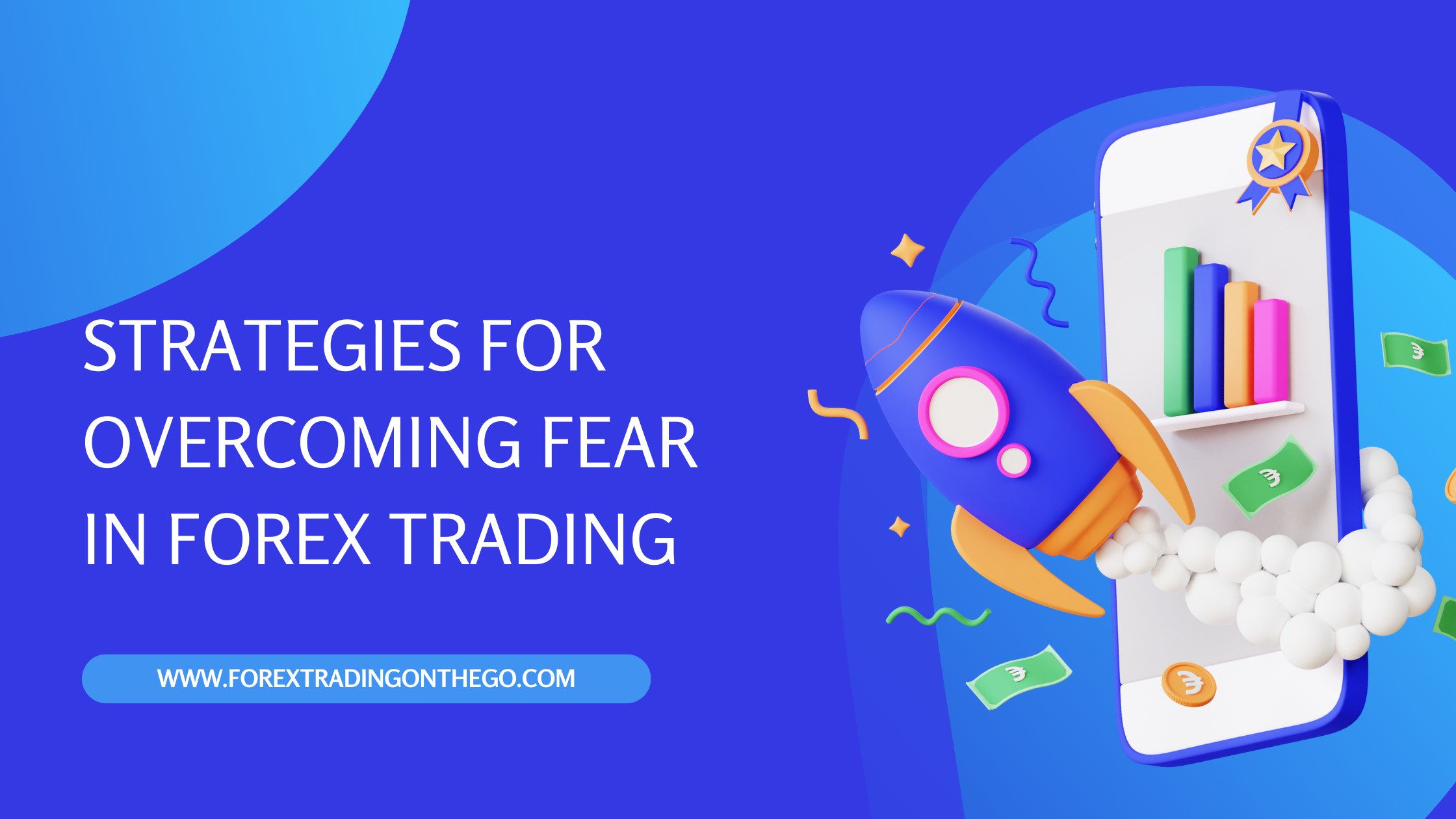Fear, an intense emotion triggering powerful responses in the human body, serves a crucial purpose when faced with threatening situations. Contrary to its negative perception, fear can be a life-saving mechanism, enabling flight responses in potentially fatal scenarios. It aids individuals in swiftly moving away from imminent dangers, ensuring their safety.
However, in the realm of Forex trading, fear operates differently. While traders encounter a spectrum of emotions during transactions, fear notably holds a significant place among them.
What Are the Common Fears Among Forex Traders?
Forex traders contend with several sources of apprehension and intimidation. Broadly categorized, these threats typically include:
1) Fear of Financial Loss
2) Fear of Missing Lucrative Opportunities
3) Fear of Making Incorrect Decisions
The Fear of Financial Loss
It’s natural to feel unease when faced with the prospect of losing money, especially in Forex trading where leverage can reach 100-800 times your initial capital. Higher leverage means increased risk, and fear naturally accompanies risk.
The issue arises when a Forex trader encounters repeated losses, creating a cycle of fear and financial setbacks. These losses become deeply embedded in the subconscious, transforming into a paralyzing fear that overwhelms traders each time they engage in Forex transactions.
Such traders often undergo intense distress when entering or exiting trades, disrupting their ability to make sound decisions. They tend to place stop orders at very close intervals, which not only fails to benefit them but also restricts the movement of price action. For those familiar with Forex trading, it’s common knowledge that trades often pull back after entry, causing great concern for these traders. Consequently, they hastily exit their trades, resulting in further losses.
As mentioned earlier, this destructive pattern perpetuates a never-ending cycle of losses, fear, and more losses.
Strategies to Overcome This Fear
Addressing this kind of anxiety is crucial for your success in Forex trading. Here are two effective tips to help you navigate this challenge:
1. Practice on a demo platform before trading with real funds
Utilize this time to grasp the fundamentals, familiarize yourself with the platform, and understand the indicators and charts used. Spend at least six months consistently winning on a demo account before transitioning to funding your live account with real money.
2. Focus on Loss Mitigation
Forex trading inherently involves high risk. The key to safeguarding your capital lies in minimizing the risks you take. Put simply, refrain from trading money that you cannot afford to lose.
Fear of Missing Profitable Opportunities
Many novice Forex traders worry about missing out on potential winning trades. Despite the Forex markets operating 24/7, trading round the clock isn’t advisable. It’s essential to identify specific hours that align with your trading strategy.
The urge to monitor every opportunity often lures traders into entering the market impulsively, without analysis or a solid winning plan. This behaviour frequently results in losses. Instead of excessive trading, traders benefit from prioritizing quality over quantity. Meticulously selecting high-quality trades can minimize losses and alleviate the fear of missing profitable opportunities.
Fear of Making Incorrect Decisions
In the world of Forex trading, wins and losses are intrinsic, irrespective of one’s expertise—no trader, even with 15 years of experience, secures a win in every trade or evades losses completely. Our subconscious is shaped by numerous childhood influences that persist into adulthood, including the fear of making mistakes.
This fear can severely hinder Forex trading. To alleviate this anxiety, focus intensely on profitability rather than obsessing over being right or accurate every time.
Trading operates on probabilities, ensuring that losses are inevitable. Striving for perfection sets a trader up for failure. If small losses are avoided due to a pursuit of flawlessness, they often escalate into much larger ones over time.


